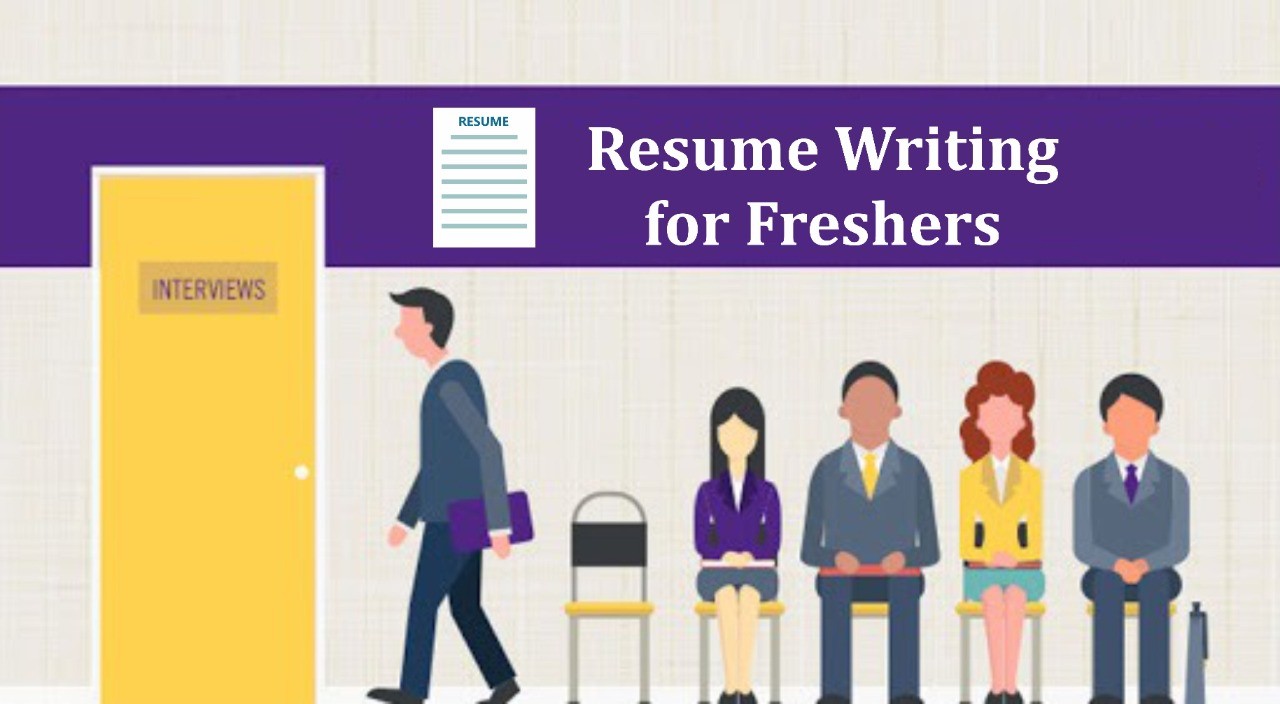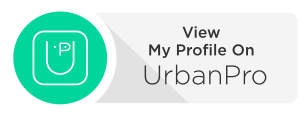An engineer possesses both technical and transferable skills and to highlight both with an equal balance in the resume needs time and patience. Even if you are just a fresher with engineering degree you may still have a lot to pen down while writing your resume including the work experience gathered during semesters. Therefore, it becomes equally important to craft your resume in the best way, focusing on technical and practical knowledge.
Here are a few things to consider:
Layout - The first step is the deciding factor in choosing the right way of writing the resume with the best template and layout. There are different things to keep an eye on and make it perfect.
Resume Summary - Writing a strong engineering summary where you can highlight the skills and values that a potential employer is looking for. If you are experienced then one can choose words like significant experience which can be written to showcase the delivery of projects that you may have handled. An example statement can be "Practical and versatile engineer with significant experience collaborating on the XYZ process."
If you are a fresher then you will have to pitch for yourself along with the benefits of employing you. A statement, for instance, can be "An independent and self-motivated engineering student with proven and tested business, engineering, and communication skills." OR "An award-winning and confident engineering graduate, able to establish rapport quickly and conduct sessions with clarity and energy."
The summary can contain an objective statement mentioning the job for which you are sending the application. Don't forget to add the key skills and qualification required in the particular job. This makes the task of recruiter easier.
Qualification – This goes for both experienced and non-experienced candidates. This section will tell whether you qualify with the educational part of the job requirements or not. It can simply be written as below:
Course Name | University Name | Year of Passing
Skill Section – While experience holds the utmost value, mentioning skills in a separate section can make the employer’s job a little easier. They can easily match the required skill set with yours. You should include both hard skills and soft skills. An experienced candidate will have more hard skills and a fresher can showcase more of soft skills. Few skills, for example, are Hard Skills – Project Management, Troubleshooting, Workflow Development, Manufacturing Management. Soft Skills – Creativity, Problem Solving, Teamwork, Collaboration, Time Management, Communication Skills.
Work Experience – This is the most important section where all your practical knowledge will come in one place. If you are a fresher or a beginner, not to worry as everyone was in this place some time or the other. We can include any paid, unpaid, volunteer experiences while studying. A fresher can also include their internship details in this section by adding the relevant job responsibilities. Below is a way that can be used:
Name of the designation
Name of the company, Location Timelines
Job Responsibilities – an example – Spearheaded multiple projects, designing mechanical/HVAC systems for high-rise office buildings.
For Interns or volunteer experience:
The content can be written in the following manner including these contents.
*Volunteer/Internship in the Student Organisation*
*Name of the college/Firm* *timelines*
Job Responsibilities – an example – In charge of organizing kick-off activities for approximately “x” number of students in ‘mention the year’. Or Assisted in the delivery of small projects with minimal supervision. Or Preparation of requests for other direct costs relating to the assigned projects.
For Freelancing/Part-Time Examples
The content can be written in the following manner including these contents.
*Freelance Engineer*
*Timelines*
Job Responsibilities – E.g. – Assisted with the design of a small custom microscope optics system. Or Performed CAD design for a new sports visor idea.
*Public Relation and Marketing Freelancer*
*Timeline*
Job Responsibilities – E.g. – Compose blog post, white papers, and press releases for the company’s website targeted toward customers in the rubber and plastics industry. Or Research and track company marketing and public relations online activities to identify effective ways to reach key customers.
Other Sections – There is always a creative side of any person and it could be yours as well. You may have written many blogs or articles while completing your engineering. This is the best platform to showcase, as there is not much in the experience section that you can include. Mention things like:
· Conferences Attended
· Articles Written
· Interests
· Hobbies
· Additional Activities
· Blogs Written
A way to write the same will be Article – ‘10 Mechanical Engineering Best Practices’ was published in ‘name of the college paper/magazine.’ Or Delivered a presentation on Lean Manufacturing at the Mechanical and Aerospace Engineering Conference in 2017.
Achievements – Don’t forget to include any awards and recognition that you may have received either in the professional career or while completing your graduation.
Contact Information – This section is usually on the top of the resume with details such as Phone Number, Email Id, and LinkedIn URL.
While all said and done, a fresher needs to craft a resume that can make them stand out from the crowd as a student or a fresh graduate. For it, simply highlight your achievements and how they can be related to the job. For example – "Managed and maintained ‘xyz’ percentage while working and studying full-time." Or "Created a winning strategy for a hypothetical company as a part of my semester project."
Always remember, one may have to create and draft a resume that caters to the need of the employer. So, the resume will have to be tailored as per every job description.
In the end, some important checkpoints to remember while writing your resume:
Do’s-
Ø Add a summary paragraph at the beginning of the resume.
Ø Tailor the resume as per the employer and the job opening.
Ø Use bullet points to make your resume easier to read.
Ø When writing accomplishments, keep the text to a few points and quantify the results.
Ø List information in reverse chronological order, with the recent one first.
Don’t’s-
Ø Too much information in the resume that may make the resume look crowded.
Ø Keep negative information (failed projects) off the resume.
Ø Don’t use weak action verbs.
Ø Don’t’ make grammatical and typing errors in the resume.
Ø Don’t focus on unrelated career experiences.




